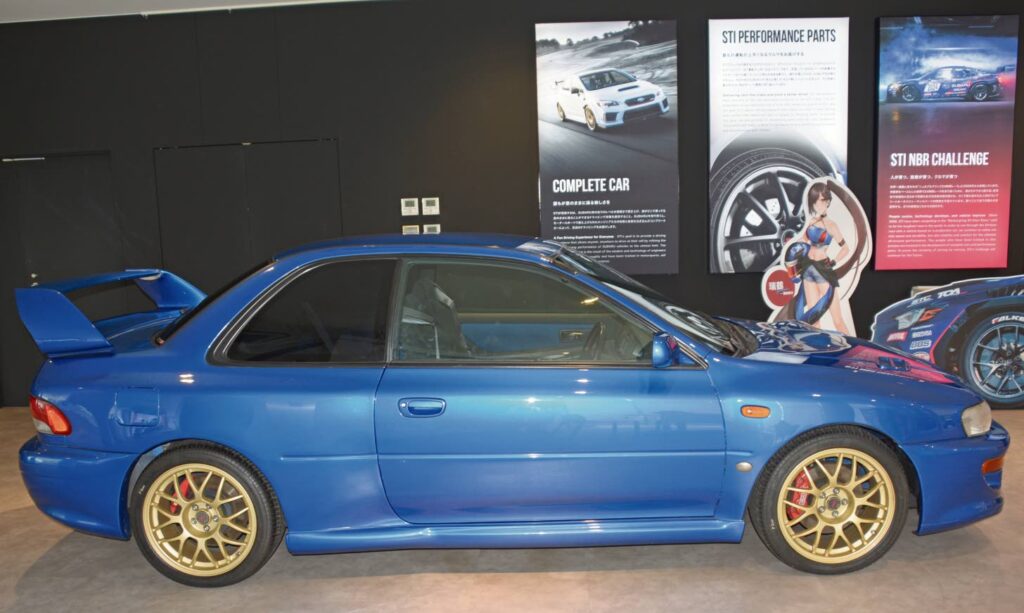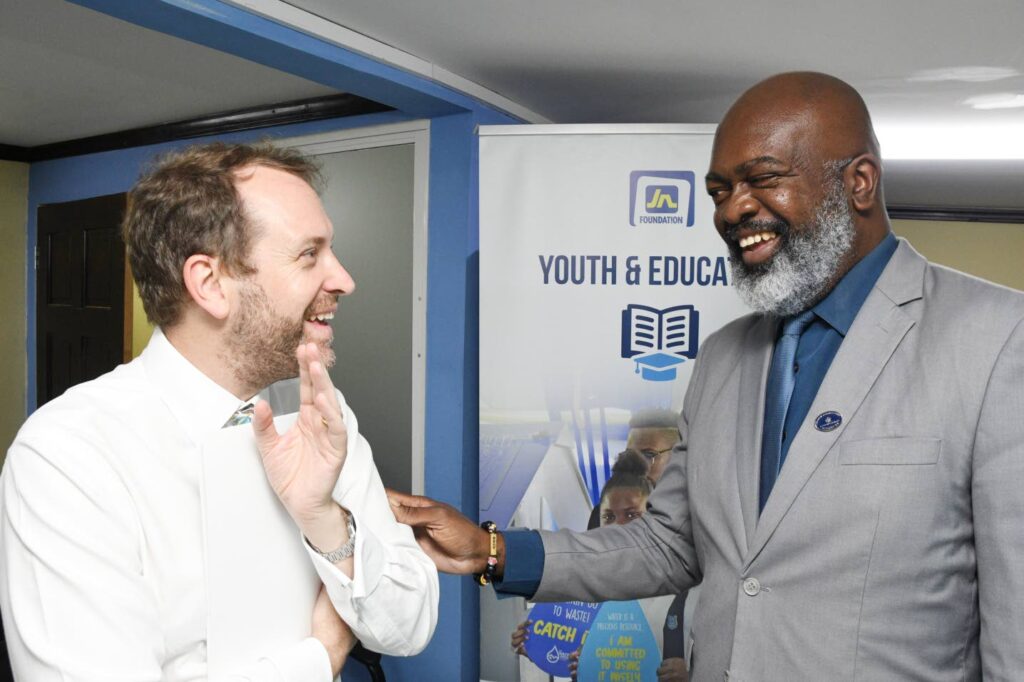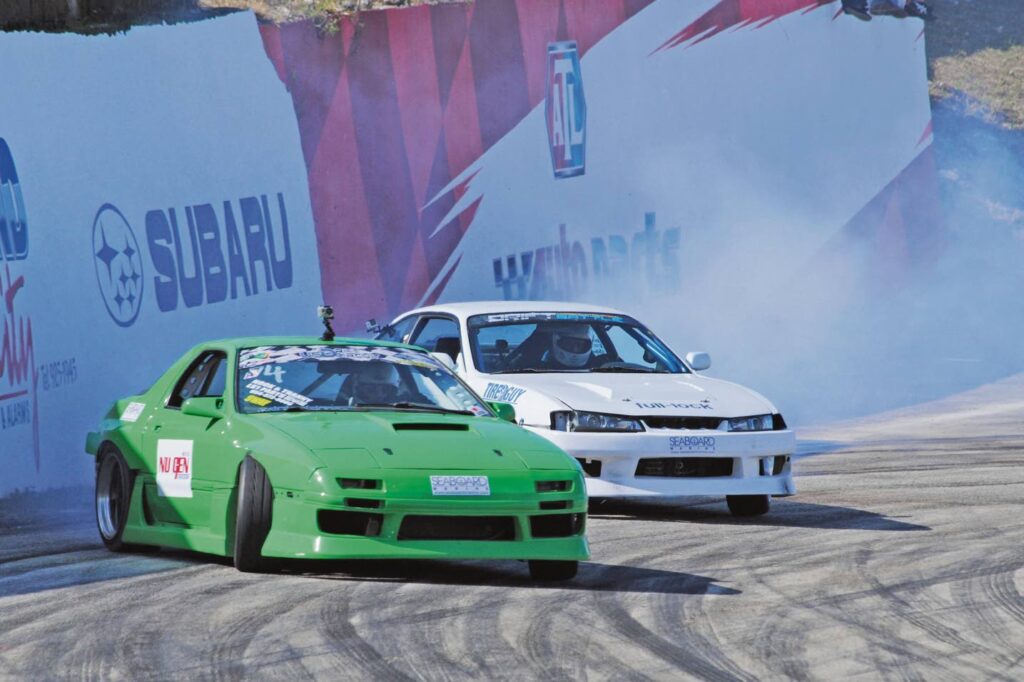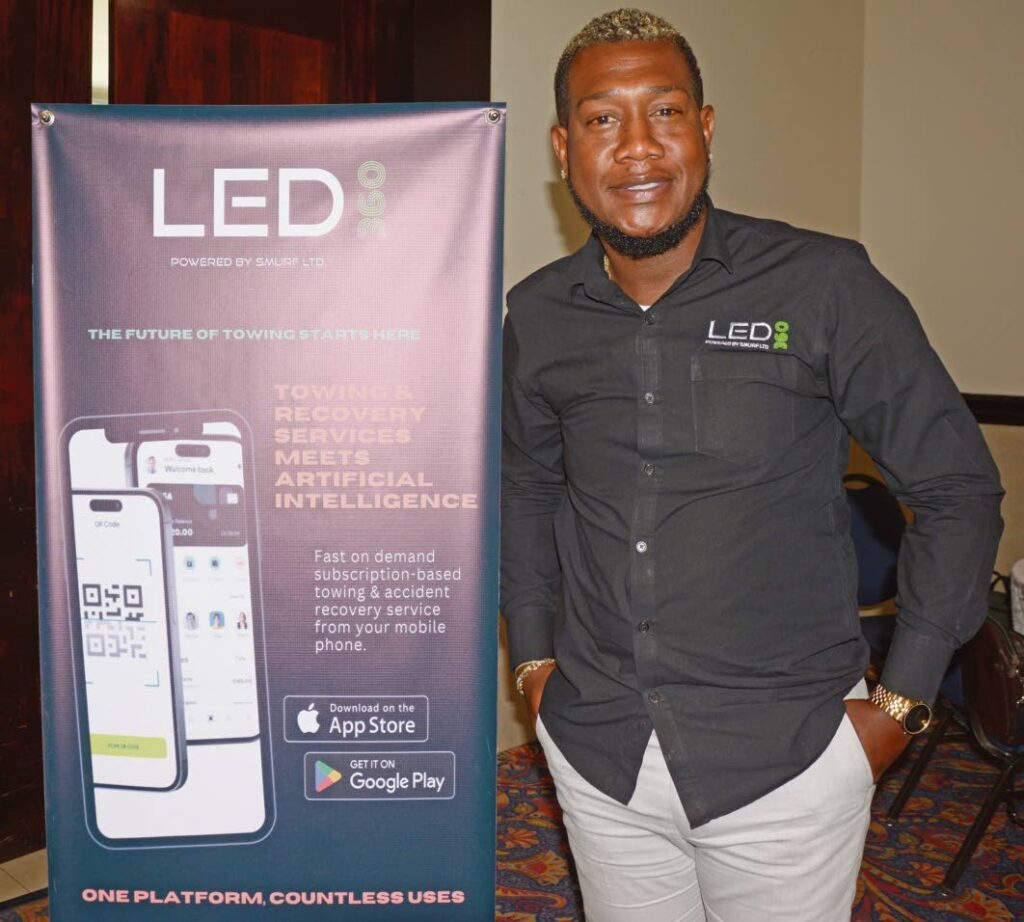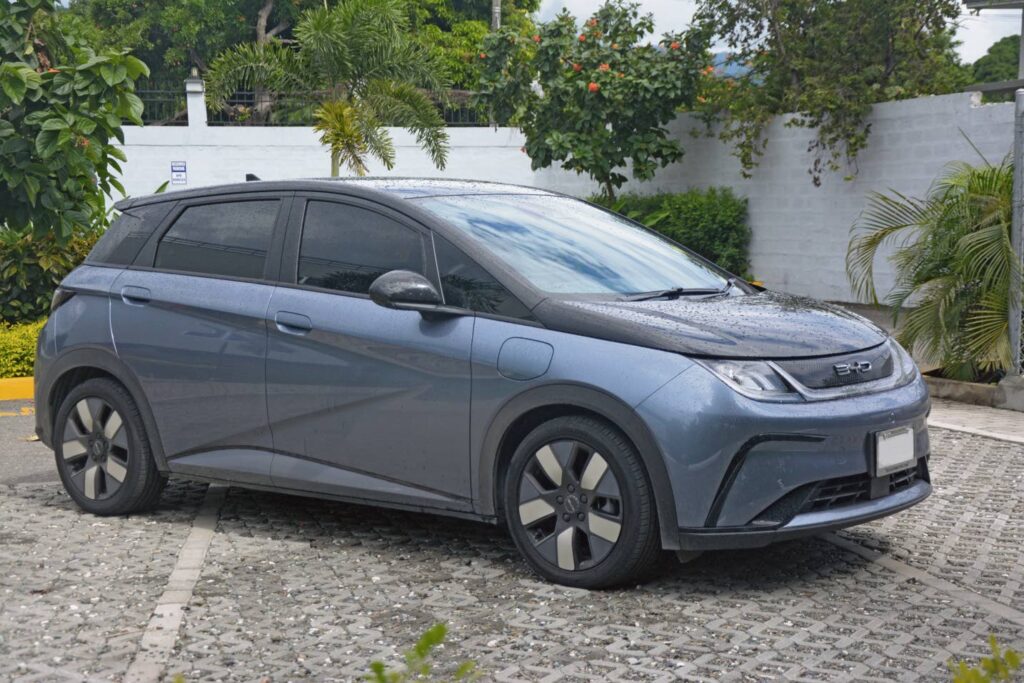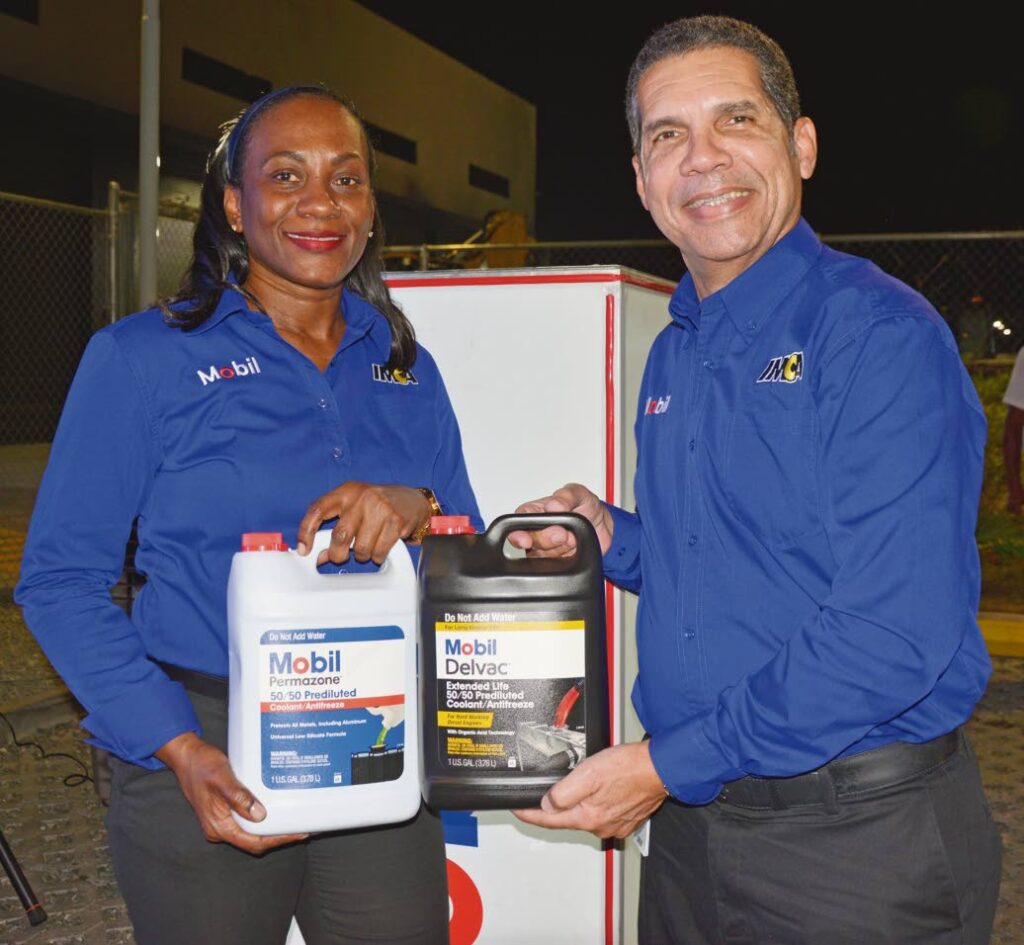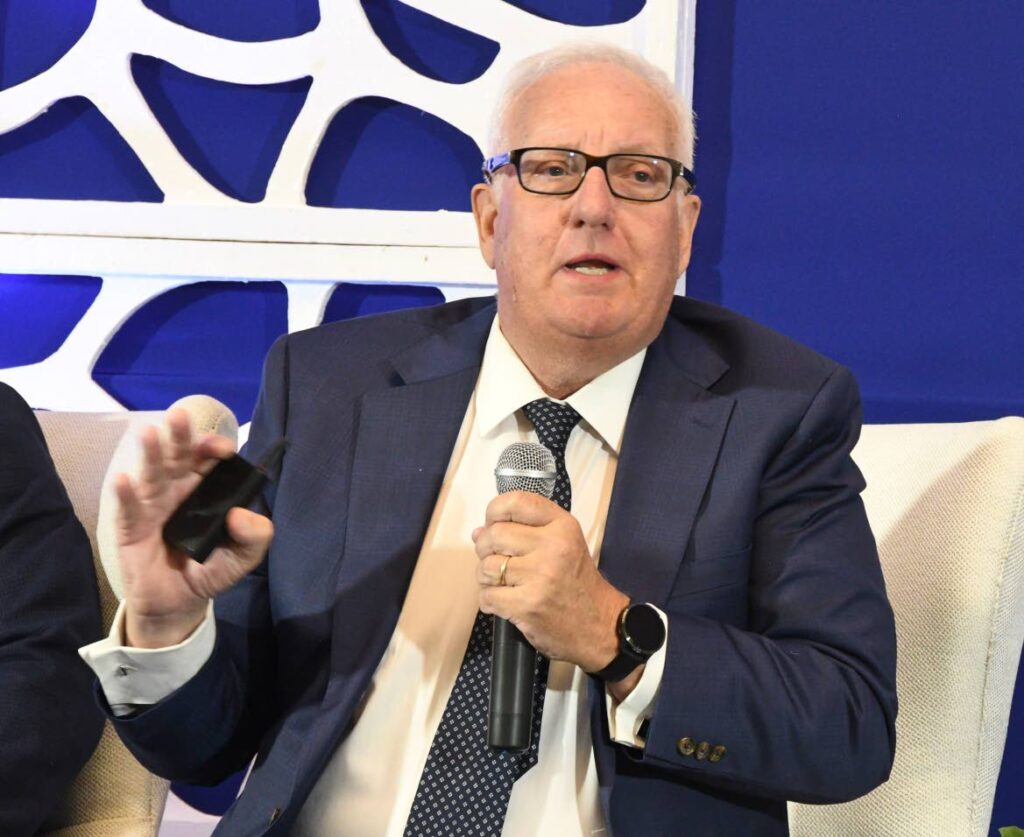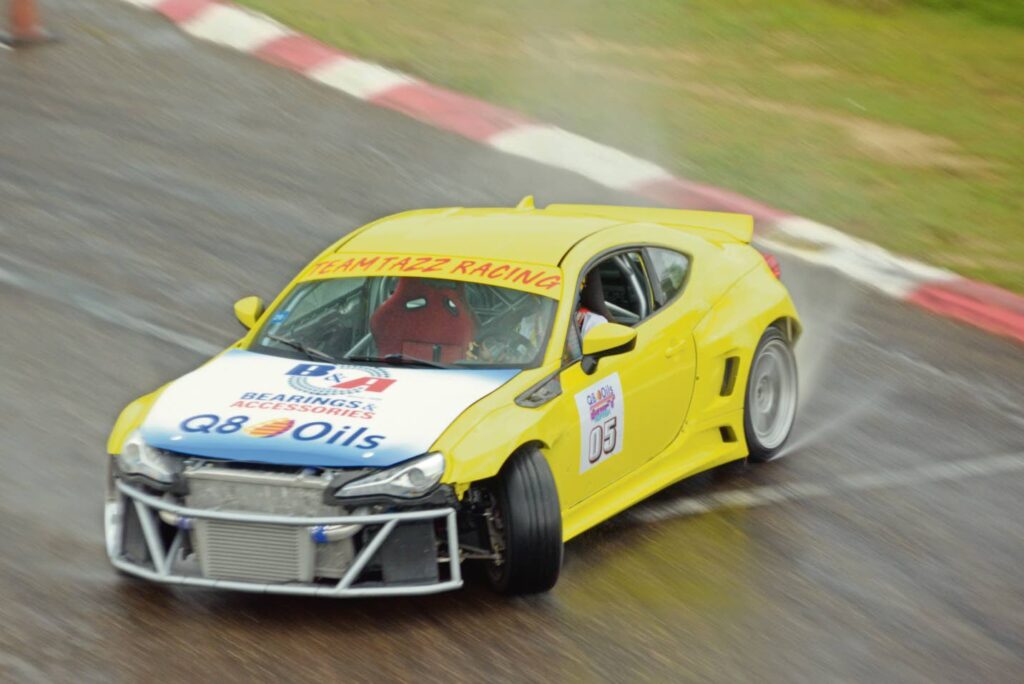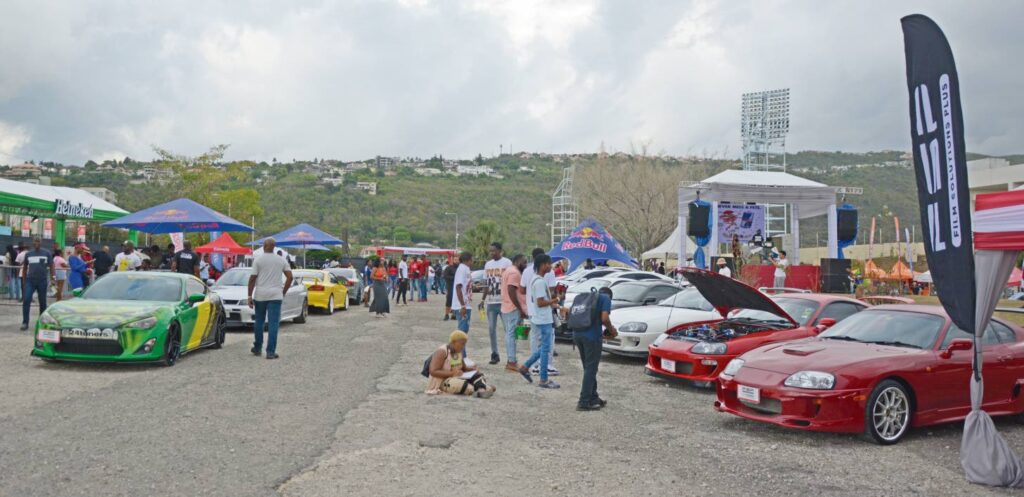Helmet safety expert and principal scientist at Galeatus, LLC, Dr Terry Smith (Photo: Joseph Wellington)
Helmet safety expert and principal scientist at Galeatus, LLC, Dr Terry Smith is renewing calls for a tougher stance against counterfeit motorcycle helmets, citing data that shows certified helmets reduce the risk of death by 40 per cent and brain injury by 70 per cent.
“It is not going to provide you with any kind of protection, so counterfeit helmets are a serious problem. It’s a global problem… We see it everywhere in Africa, Latin America, Southeast Asia, South America, even in North America and Europe, I’m seeing fake counterfeit helmets,” he said while speaking during a panel discussion on day one of the National Healmet Wearing Coalition’s Heads Up! Regional Think Tank on Thursday at AC Hotel Kingston.
Dr Smith, a leading authority on helmet engineering, told regional delegates from over 10 countries that counterfeit helmets, many of which are sold online and appear visually identical to certified models, pose a grave risk to riders.
Using a side-by-side comparison of a genuine Arai helmet valued between US$500 and US$600, and a counterfeit version sold for just US$50, Dr Smith illustrated how fake helmets shatter under impact, offering no real safety.
He warned that, despite their appealing price tags, the fakes are putting lives at risk across developing and developed nations alike and is urging government agencies to work collaboratively across sectors, stressing that solutions must extend beyond traffic authorities.
“One of the things we found when we started looking at this problem is you’re going to find partners in what I call unlikely stakeholders. When you think about road safety, you don’t necessarily think about the Ministry of Trade, or you don’t necessarily think about consumer affairs or ministry of Customs and excise products, but these are people that are going to help you control the importation of these fake and counterfeit products,” said Smith.
Pointing to emerging technological solutions, Dr Smith said advancements in helmet manufacturing could eventually make certified products more affordable, thereby reducing demand for cheaper, uncertified options.
“We’re doing things like 3-D printing. We’re looking at new and innovative materials, and I remain optimistic that as these technologies become more and more [utilised] they can start to become more affordable,” he said.
In response to this concern, regulatory affairs expert at Jamaica’s National Compliance and Regulatory Authority (NCRA) Dr Wendell Richards detailed the country’s current regulatory framework and discussed efforts to close gaps in uncertified helmet importation.
“Under the Standards Act of 1968, each importer, manufacturer, distributor of commodities, where a compulsory standard has been declared, has to be registered. Therefore, each importer will now have to be registered with NCRA,” he explained.
Richards emphasised that, since helmets are not manufactured locally, Jamaica relies heavily on third-party certification from accredited institutions to ensure helmet quality.
He also noted that importers must provide quality certificates and test data, which the NCRA will verify for authenticity.
“We want to see test results. We want to see your quality certificates, documents, whatever. And then we are going to trace those documents to determine its authenticity,” he said.
Dr Richards also highlighted the need for enhanced inspection procedures at ports of entry. This includes training inspectors, Customs officials, and members of the Jamaica Constabulary Force (JCF) to identify counterfeit helmets and fraudulent documentation.
“The inspectors will have to be looking for not only the documentation accompanying the shipments but also inspecting the helmets for safety, as well as certification marks,” he stated.
Addressing concerns about the costs associated with certification, which some see as a barrier to compliance, Dr Richards said local manufacturing could be a viable solution.
“We have seen UNECE [United Nations Economic Commission for Europe] recommending that some developing countries manufacture helmets locally,” he said, referencing recent developments in Mexico.
“Manufacturing in Jamaica or Trinidad would help diversify the economy, but it must be done in line with certification standards,” he added.
Richards stressed that local production must adhere strictly to quality control systems and international standards to ensure safety is not compromised.
In addition, efforts are underway to explore the possibility of establishing local testing laboratories to verify helmet quality.
“We are looking at existing facilities here, including labs that do drug tests, to see if we can expand capabilities to test helmets locally,” he revealed.

